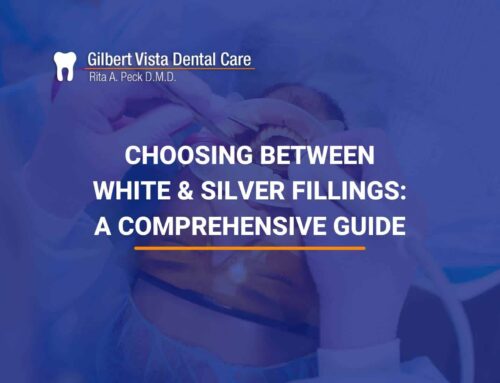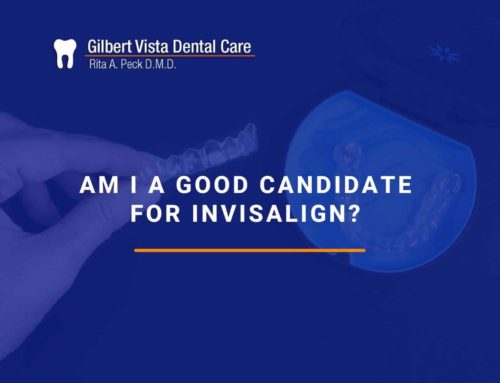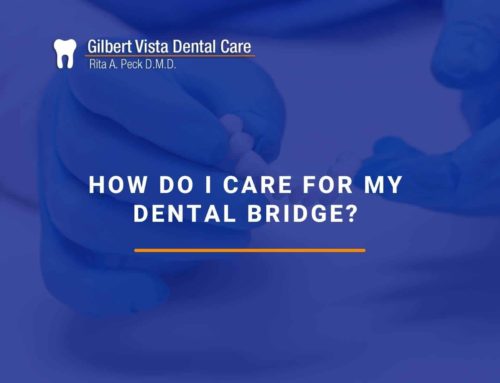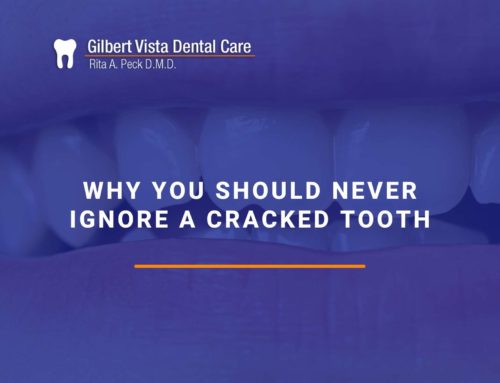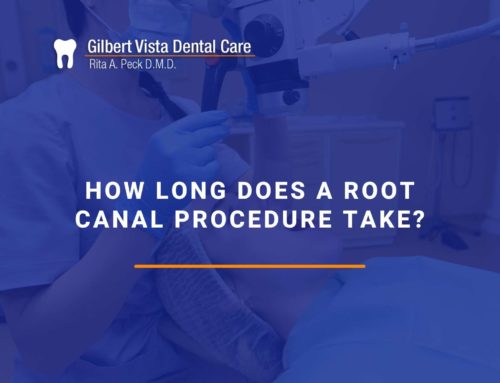Tooth Extraction: What To Expect When Having Your Teeth Removed
Procedure, Postoperative Care & Recovery After Dental Extraction
Are you planning to have a tooth removed? If yes, you should know some things before visiting the Gilbert dentist.
It can be frightening to have a tooth extracted. Knowing what to anticipate before, during, and after treatment will save you from uncomfortable infections while speeding up the healing process.
Like any surgical procedure, tooth extraction has a recovery period, and there will usually be some post-operative pain. What to expect following tooth extraction, and what you can do to speed up recovery till you feel like yourself again, are described in this article.
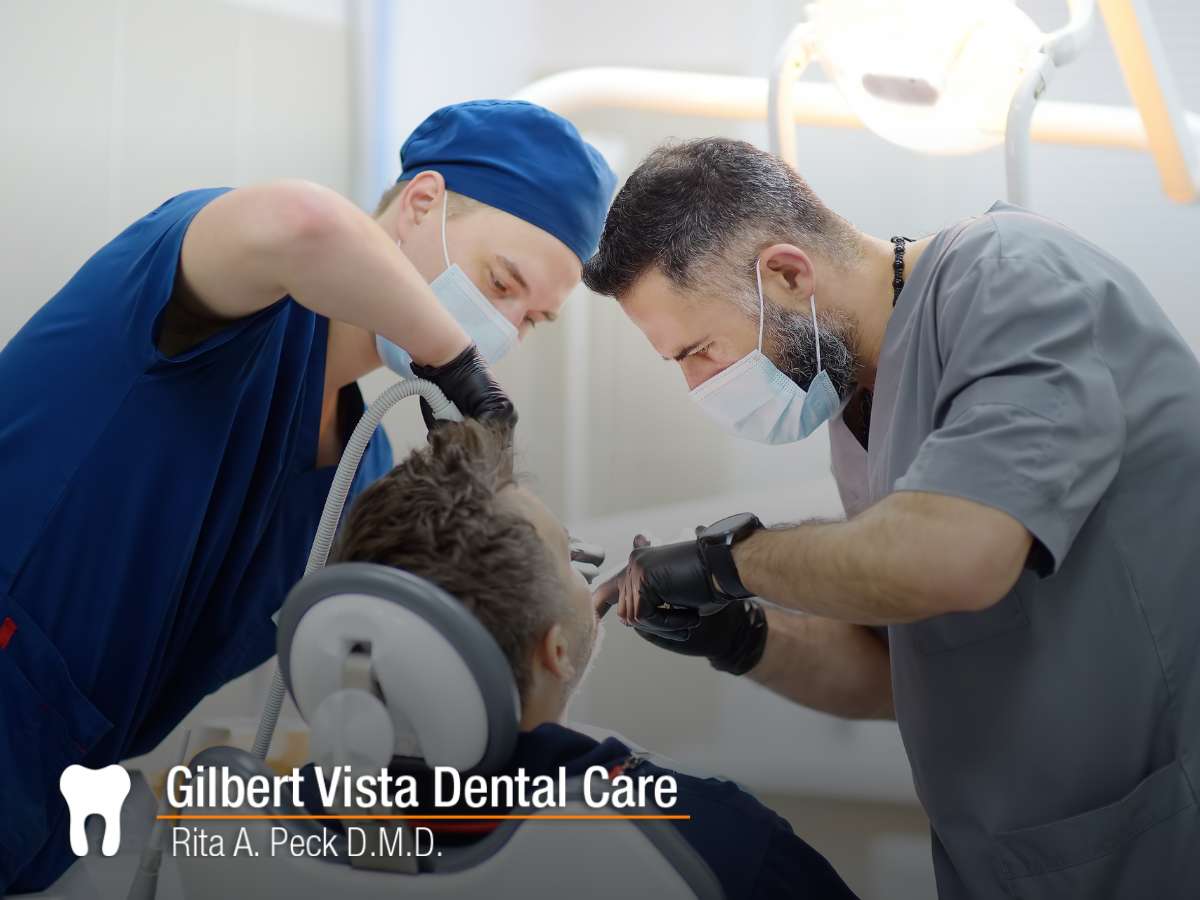
When Is It Advised To Have A Tooth Extracted?
Natural teeth are saved whenever possible by healthcare professionals. However, other procedures like tooth fillings or dental crowns aren’t always enough. If your tooth has been severely damaged and cannot be repaired, it may need an extraction. If you have any of the following conditions, your dentist may advise you to have a tooth extracted:
- Cavities
- A broken tooth
- A damaged tooth
- Crowded teeth
- A severe gum condition
- Tooth luxation
How To Prepare For Tooth Extraction
Dentists and oral surgeons (dentists with additional training in surgery) carry out this process. Your dentist will administer a local anesthetic to numb the area where the tooth will be removed before extracting it.
Be aware that your Gilbert dentist might occasionally use strong general anesthesia. As a result, you won’t experience any pain when having the treatment done, and you’ll sleep through it.
If the tooth is impacted, the dentist will relax the gum and bone tissue surrounding it, then grasp the tooth and gently rock it back and forth to free it from the jaw bone and ligaments that keep it in place. A challenging tooth may occasionally need to be removed in sections.
After the tooth has been removed, the socket forms a blood clot. To stop the bleeding, the dentist will place a gauze pad in the hole and have you bite down on it. The dentist may occasionally close the gum borders above the extraction using a few stitches, which are often self-dissolving.
Occasionally, the blood clot in the socket ruptures, exposing the bone. The painful condition is known as a dry socket. If this happens, your dental surgeon will probably cover the socket with a sedative dressing for a couple of days to protect it.
What You Should Tell Your Dentist Before Having Your Tooth Extracted
Although tooth extractions are typically safe when visiting a trusted Gilbert dentist, they can introduce dangerous bacteria into the bloodstream.
Gum tissue is susceptible to infection too. You might need to take antibiotics before and after the extraction if you have a condition that puts you at a high risk of getting a severe infection.
Before having a tooth extracted, inform your dentist of your complete medical history, medications, and supplements you use, and if you have any of the following:
- Damaged or artificial heart valves
- A congenital cardiac condition
- Inadequate immune system
- Liver illness (cirrhosis)
- A prosthetic joint, such as a hip replacement
- Bacterial endocarditis in the past
Recovery Period
Tooth extraction is a common dental operation. The recovery usually takes about a week. There are a few factors that, depending on your particular situation, may result in an extended period.
Adhere to your dentist’s recommendations to prevent any delays in healing. You will be provided a post-op instruction sheet on how to take care of the area where the tooth was extracted.
Why Does Long-Term Recovery Happen?
Most patients recover totally in a few days following tooth extraction surgery. It can take a week to heal if your teeth were impacted or erupted at an odd angle. Your Gilbert dentist will let you know how the process went once your tooth is extracted.
In the case of wisdom tooth removal, the wound won’t be completely healed for months, meaning that you could get an infection weeks after surgery.
The best method to ensure your mouth heals well is to stay alert to any signs of discomfort. You should also take care of your mouth and surgical sites as directed by your dentist.
You can continue your everyday activities once the surgery is done, but you should avoid any task that requires a lot of strength or pressure.
Things to stay away from include:
- Difficult exercise
- Smoking
- Using a straw
- Spitting
Guidelines For Healing
Help your body repair and minimize your recovery time after tooth extraction by including the following suggestions:
Optimal Nutrition
In the days following a tooth extraction, you’ll want to eat soft foods that aren’t too hot or cold. However, surviving solely on ice cream and mashed potatoes won’t encourage internal healing.
Eating a balanced diet is crucial for the healing process. Juices made from fruits and vegetables are a nutrient-dense substitute for empty-calorie eating.
Dental Hygiene
One of the first things your Gilbert dentist will advise you is to continue brushing your teeth, but avoid the extraction site with your toothbrush. A clean mouth always heals better.
Your doctor will advise using a prescription antimicrobial mouthwash or salt water multiple times a day for one to two weeks. Avoid using mouthwashes like Listerine, Scope, or other non-prescription rinses that are high in alcohol.
Salt Water Rinsing
You’ll have to gently rinse your mouth four times a day with warm salt water. It is a fantastic technique to naturally encourage healing. 1 tablespoon of salt dissolved in 12oz of water.
No Smoking
Avoid smoking and chewing tobacco to reduce your risk of developing a painful dry socket.
Contact A Gilbert Dentist If You Experience Any Discomfort
Following tooth extraction, some swelling, discomfort, and bleeding are common side effects. But if you have excessive bleeding or pain, call your dentist right away.
Contact Gilbert Vista Dental if you want to improve your dental health and want to know more about tooth extraction. We’ll be more than glad to help!
![]()
Gilbert Vista Dental Care
2451 East Baseline Road #210
Gilbert, AZ 85234
Phone: (480) 503-5467
Email: [email protected]
Website: https://drritapeck.com/


